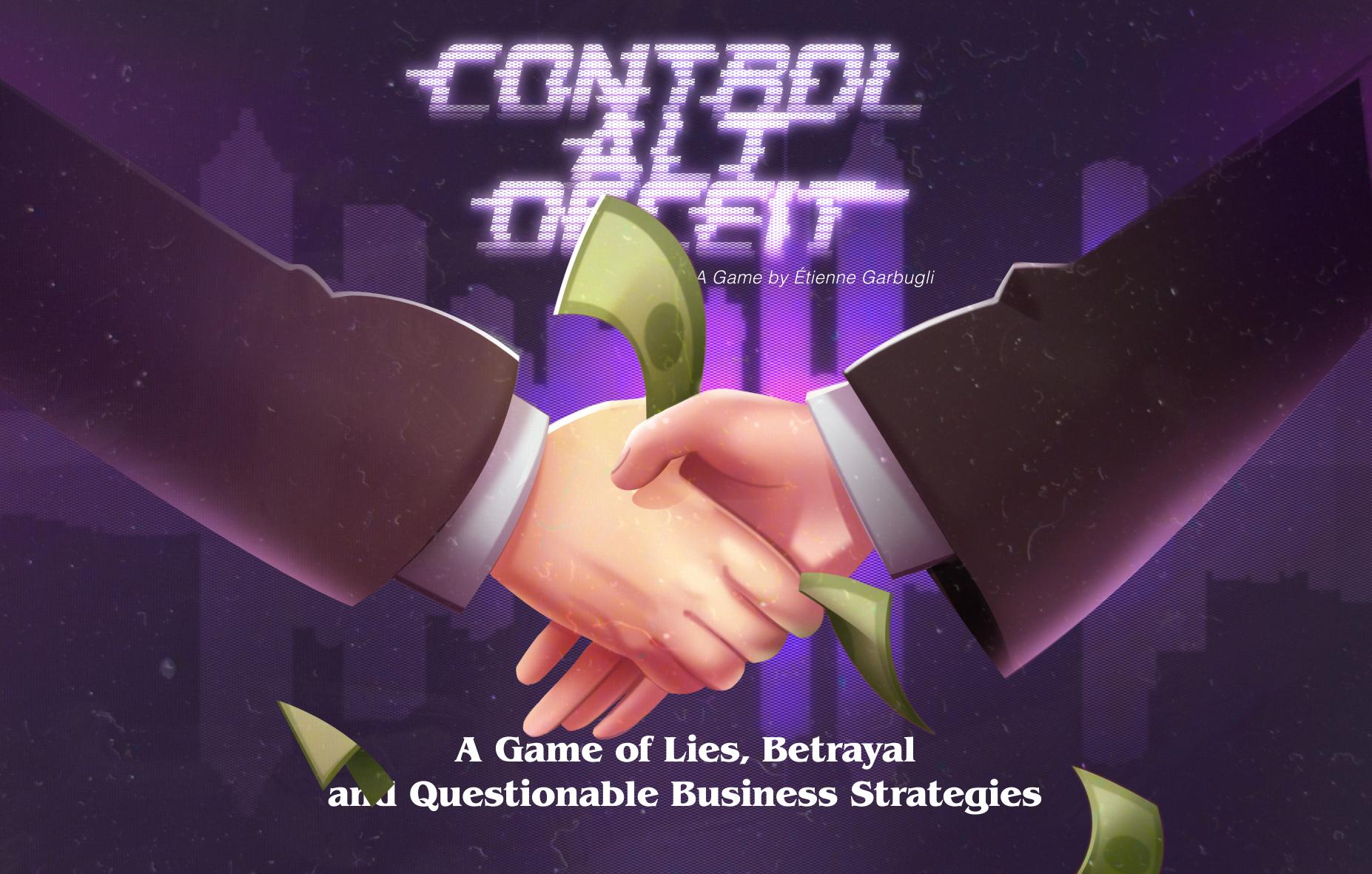The appearance of solvability

12 years ago, my friends and I travelled to Prague, Czech Republic. There, in our hostel, we met an american-chinese girl who had a game for us.
The game went a bit like this:
- Showing 1 finger – “If this is 2…”
- Showing 2 fingers – “…and this is 4”
- Showing 3 fingers – “How much is this?”
- Me: “6!!”
- Girl: “No, 1”
And then:
- Showing 2 fingers – “If this is 10…”
- Showing 4 fingers – “…and this is 20”
- Showing 8 fingers – “How much is this?”
- Me: “Eh… 40?”
- Girl: “No, 2”
And it went on like that for a good hour…
We tried everything. From counting knuckles to all kinds of arithmetics but, ultimately, we could not figure it out.
The trick with the game was to make it seem as though it was a math problem when it really wasn’t.
System thinkers, like me, fall worst than anybody else for this because we tend to assume that every problem has to have a rational and logical solution. It makes us miss the easy answer (the first finger count); a bias the game capitalizes on.
The appearance of solvability and startups
The same bias is at play with startups.
There are countless lists on the Internet telling you what to do or not do when you startup. Books have been written taking you through the process of creating a business. Venture capitalists feel they have a system to predict the success of startups. Other system thinkers have created the startup genome in an attempt to identify the patterns of successful companies.
Creating a successful business is a puzzle that feels solvable. People have solved it before and some people have even done it many many times – There must be a recipe!
But, there are so many variables with starting a business that success is hardly predictable.
Luck was a factor in most of the major startup successes and, the more successful a startup founder has been, the easier it is for him to repeat.
This, in no way, diminishes the work of founders but, if there really was a recipe to success, machines could do it.
Success looks repeatable. It just looks.
In the end, I prefer spending time working on my business than mimicking other peoples’ successes. It’s probably a safer bet down the road.

